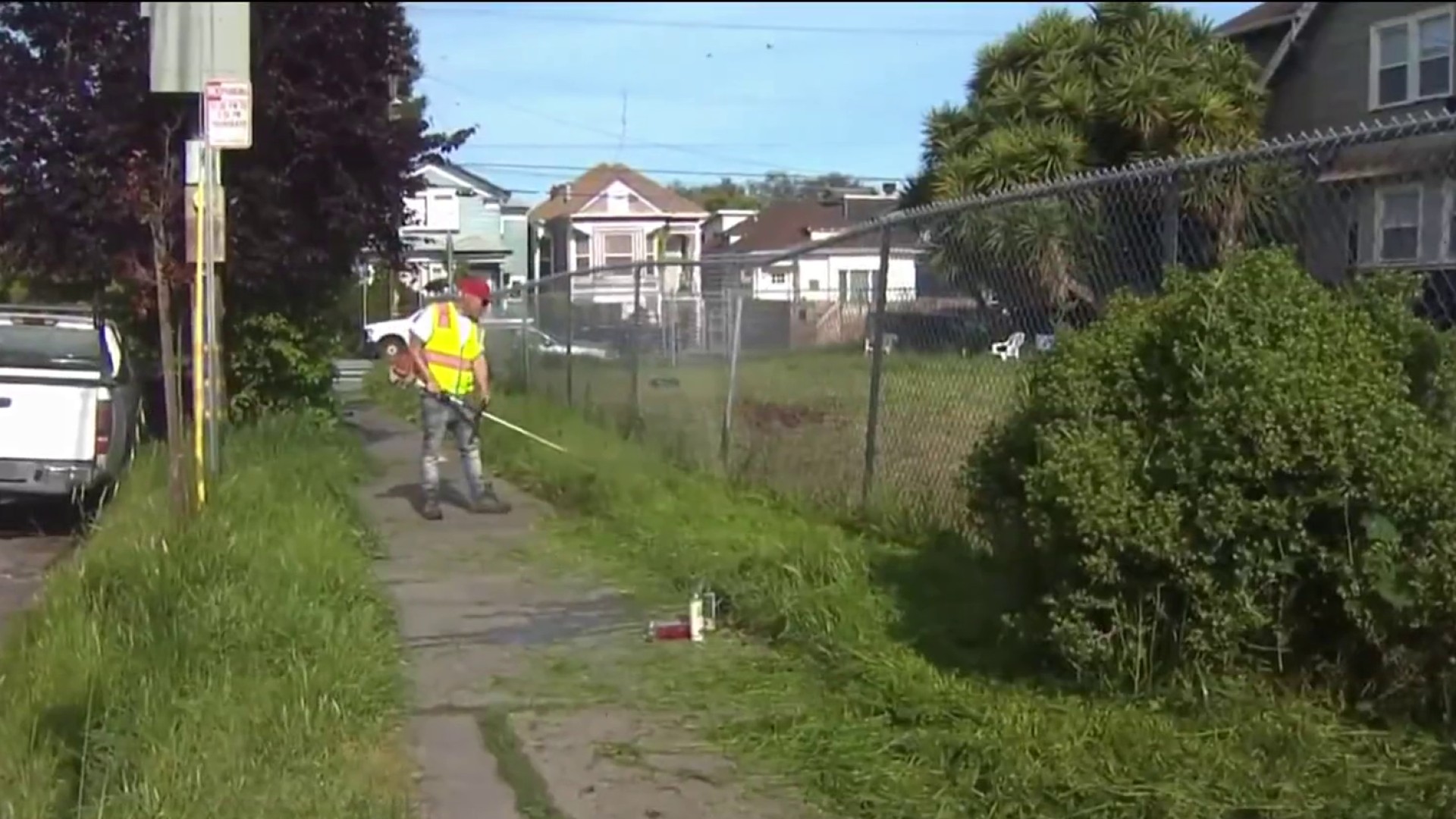Does oversleeping make you depressed? Do certain types of patients do better on new medication? Which streets worsen asthma symptoms?
Right now, answering those questions is beyond the scope of most medical studies. Clinical trials determine whether new drugs are effective on average, but usually aren’t large enough to look at different subsets of people. Observational studies expect participants to accurately remember what they ate or how often they exercised weeks, months or years later. And the studies are expensive and time-consuming.
The ubiquity of smartphones – and the incredible amounts of data they collect – might change all that. Several California researchers are building infrastructure to conduct clinical trials and manage health via smartphones.
“People are walking around with increasingly smart phones,” said Deborah Estrin, a UCLA computer scientist and founder of Open mHealth, an infrastructure for medical apps.
Because it is easier to get people to download an app than to enroll in a traditional clinical trial, apps can attract thousands or tens of thousands of users relatively quickly and cheaply. Smartphones also can prompt people with health questions in real time, so they aren’t struggling to remember how often they exercised or ate blueberries over the last month. Combining health information with other data streams, such as location or weather, may reveal underlying connections that a traditional trial could never uncover.
Estrin's project, Open mHealth, is being used in pilot studies on post-traumatic stress disorder, weight loss and other health conditions, she said.
Richard Kravitz, an internist and health researcher at UC Davis, is collaborating with Open mHealth to develop an app to help doctors treating chronic pain to tailor medications.
Local
“Usually, the way they’re handled in clinical practice is a patient will say, ‘I have this symptom or this pain,’ ” he said. After giving the patient a drug, the doctor asks if the patient is feeling better and prescribes a new drug or the same one based on a single office visit.
“It’s all done very informally," Kravitz said. "It could be that the patient did better on that medicine relative to some other one based on chance.” In addition, checking at just one time point isn’t a reliable measure of how well pain is controlled, he said.
Instead, Kravitz is hoping that an individual patient suffering from chronic pain can systematically record which medicines work best for him or her in a smartphone using a medical trial for just one patient, called an n-of-1 trial. Studies like these have been around for decades but are rarely conducted because of how cumbersome they are to do with paper and pencil, he said.
But smartphones make n-of-1 trials much easier. The phone can randomly alert individuals to take one of two medicines, or a medicine or placebo on different days, then automatically prompt users about their response to the drug in real time, Kravitz said. After several cycles, a doctor can see how a patient fares on treatment and then tweak medication almost immediately. If thousands of patients use the app, the resulting information can be combined and analyzed to find hidden patterns, such as what types of patients do better on one drug compared with another.
Some apps already are gathering data from tens of thousands of users. AsthmaMD, a program conceived by a UC San Francisco pediatrics professor, helps manage asthma symptoms, but it also is generating population-level data. Users enter demographic information and then measure how well their lungs are working by blowing into a tube. The app sends that data to their doctors, who can change medication to better control wheezing or asthma attacks.
But because so many patients use the app and smartphones already track real-time location data, the app can combine lung data with location-specific weather, pollen or air quality measurements. AsthmaMD can identify unknown environmental triggers (such as smog or diesel exhaust) and eventually could warn users before they are exposed, said Salim Madjd, an entrepreneur who wrote the code for the app.
Smartphones also might improve the accuracy of case control studies, which try to find diseases' causes by comparing one population with a medical condition with healthy patients, Estrin said.
“Instead of asking how many times a week did you eat broccoli, you can ask very quickly, ‘What did you eat in the last three hours?' ” she said.
Apps also take advantage of devices that already are part of a smartphone, such as accelerometers, to see how active people really are instead of relying on self-reports, she said.
Of course, with dozens or even hundreds of potential data streams, researchers must find ways to separate meaningful data from noise. Just because a phone theoretically could track how often a user listens to Modest Mouse, for example, that doesn’t mean it’s tied to his or her depression.
That is the essential problem, Estrin said. “How do you pull useful, actionable information out of these data streams?”
View this story on California Watch
This story was produced by California Watch, a part of the nonprofit Center for Investigative Reporting. Learn more at www.californiawatch.org.



